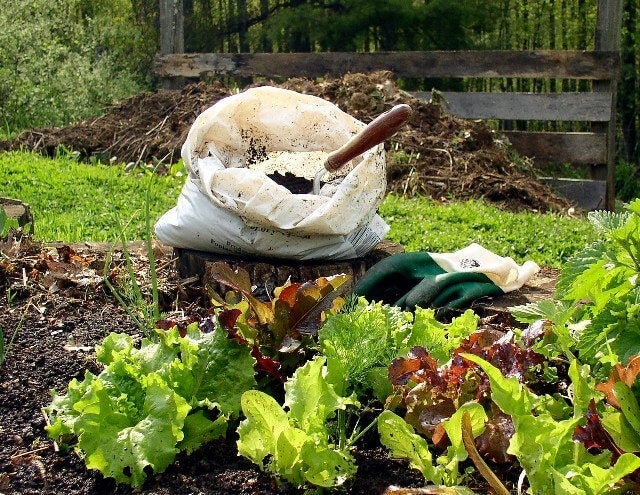Patience is an important virtue for composters, because compost matures in its own time. Warm conditions help compost work much faster in summer than in winter. New heaps made in the fall often mature the following summer. In comparison, midsummer compost made from garden and kitchen waste is finished within a few weeks, because many more microorganisms are active in warm weather. Then things slow down again in the fall.
Compost shrinks as it rots, and the material in the center and lower sections of most heaps rots faster than the outside. When it's ready to use, compost has a crumbly texture and a rich, earthy smell.
You may still see sticks, roots, and other intact plant parts in otherwise well-rotted compost. These can be plucked or sifted from compost before it is used or stored.
The cycles of compost often do not coincide with prime vegetable-planting times, so plan to harvest and store your compost as each batch matures. Save plastic bags from purchased soil amendments, and use them to store compost until you are ready to use it. When kept in bags or bins for a few weeks, lightly moist compost will continue to cure, making it even better for your soil and plants.
Another way to be sure that you always have ready compost is to maintain several piles so that there is always one that is ready and waiting, one that is in process, and one to which you are adding the latest waste. The timing on these may not be perfectly in synch either, but if you have the space, you may find that having more than one pile is easier than storing compost in bags.



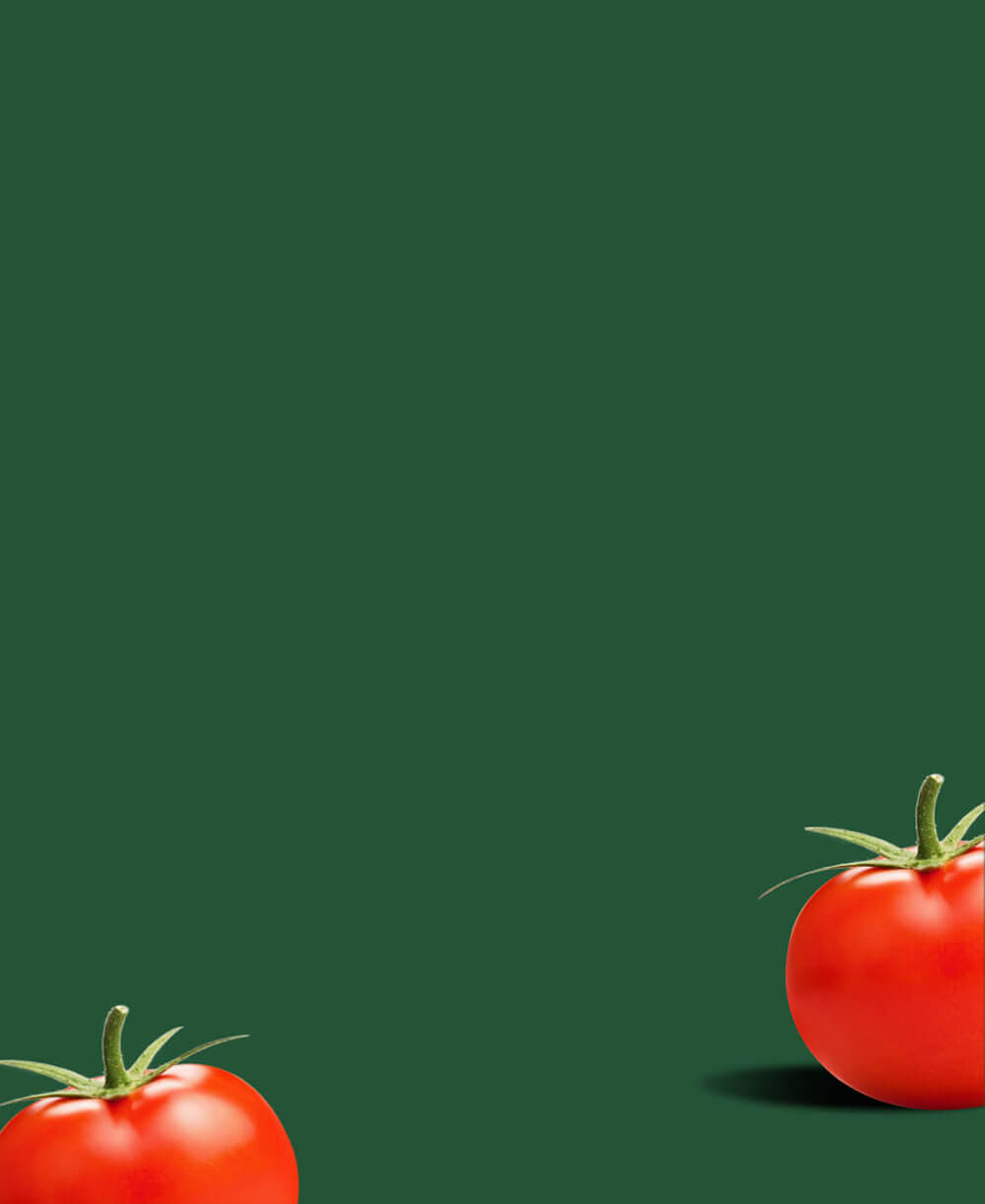

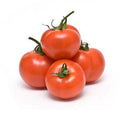

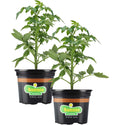
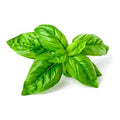 Herbs
Herbs
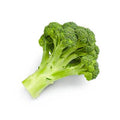 Vegetables
Vegetables
 Fruit
Fruit
 Flowers
Flowers
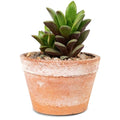 Succulents
Succulents
